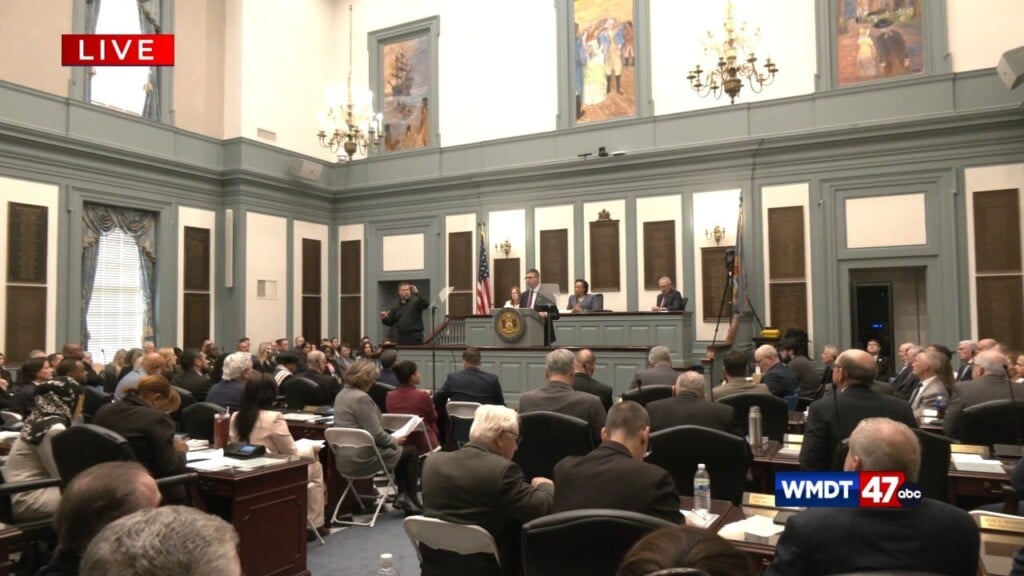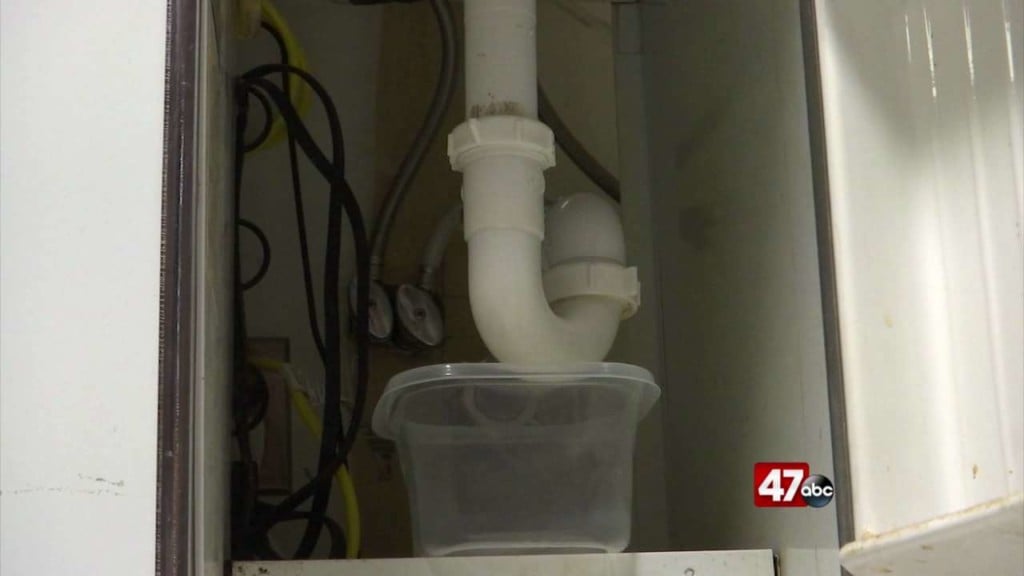Md. leaders highlight efforts to protect seniors from financial scams this PROTECT Week
MARYLAND – Elder financial abuse is unfortunately getting more common. AARP reports that One in five adults over 65 has been the victim of fraud, losing $2.9 billion a year to identity thieves and con artists.
PROTECT Week
That’s why this week, some of Maryland’s top watchdogs are highlighting ways that seniors in the state can protect themselves against having their savings stolen from them.
“At the speed and rate that scam artists are designing new methods to trick and steal, we need everyone to do the work of ending this trickery,” said Maryland Attorney General Anthony Brown at a press conference for PROTECT Week. “Together, we can protect against scams and financial exploitation.”
Targeting Seniors for Savings
Brown said that scammers often target seniors for their life savings.
“Research done by the Better Business Bureau shows that younger Americans are more likely to be the target of these scams. This might surprise you,” Brown said, “but, while seniors don’t fall prey as often, they’re certainly the more lucrative target.”
OAG Aims to Help
The Maryland Attorney General’s office is working to combat elder financial abuse on a number of fronts, says Brown. His office is part of a coalition of state agencies in Project SAFE (Stop Adult Financial Exploitation), led by AARP.
Meanwhile, the Consumer Protection Division routinely pursues asset recovery, and does education and outreach to help seniors avoid traps. The division can also bring civil action against bad actors.
“Sadly, these bad actors not only can be strangers,” Brown said. “Often they are trusted neighbors and family members who are known to, and thought to be trusted by their victims.”
“We have to be there,”
Maryland Comptroller Brooke Lierman says that her office also has an important role to play in protecting seniors from being scammed.
“What successful economies do is to keep [scams] to a minimum,” Lierman said at the press conference. “Really, where we come in, is that we have to admit that there are people out there who are constantly looking for ways to exploit others. And, we have to be there on the front end to educate, and on the back end to help.”
The Comptroller’s Office of Public Engagement has a representative that specifically works with older Marylanders and the Department of Aging to do just that. “We saw this need that wasn’t being met, and so we’re continuing to work on that,” Lierman said.
Free tax help and mobile tax clinics also help to protect older individuals, says Lierman. And, at the Comptroller’s Office, she says they do their due diligence to avoid processing fraudulent tax returns.
“When a return is flagged, our team works expeditiously to contact the taxpayer,” Lierman said. “And, we work with taxpayers to resolve the issue, if the return is legitimate. We are always trying to stay one step ahead.”
Helpful Tips
Brown had some helpful tips for Maryland’s seniors to keep in mind.
Let unknown callers go to voice mail, Brown said, and if you doubt who’s on the phone, hang up. If the caller claims to be a family member or friend, and you’re not sure it’s actually them, Brown suggested calling the actual person who they claim to be. Seniors are also encouraged to be stingy with personal information, and to check financial statements and credit reports regularly.
Most importantly, Brown says, trust your gut, and don’t be embarrassed to ask for help.
“It happens to everyone,” Brown said, after sharing his parents’ own experience with being scammed. “The best thing you can do is reach out for help.”
If you think you’ve been victimized by a scammer, the Consumer Protection Division can help. You can call them at 410-576-6550, or send an email to Consumer@OAG.State.MD.US.


